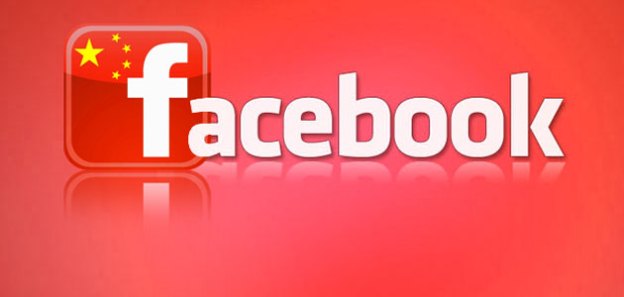
An anonymous source “at a fund that buys stock from Facebook employees” told BusinessInsider that China wants to buy a considerable amount of Facebook. How much exactly? Enough “to matter.” Other rumors say that two independent wealth funds are trying to buy $1.2 billion worth of Facebook stock, and one of them also happens to be from China.
There’s been plenty of back and forth about whether or not this matters, what China’s motivations for the proposed investment are, and what the consequences for Facebook users could be. But it has become obvious that Facebook is at the very least interested in what to do with China. Mark Zuckerberg famously posed the question about whether you could connect the world without including its largest country, and there have been rumors about his company meeting with executives from Baidu, China’s largest search engine.
Given Facebook’s reach and magnitude and China’s tightly-wound censorship policies, there’s bound to be some discourse about a potential partnership. Here are some of the concerns the rumors are inspiring, as well as the reality of the speculated investment.
The concerns
Since Google’s well-documented struggles with China and the more recent alleged Gmail hacks, there has been some suspicion attached to the country and its Internet game, to say the least. Couple this with the apparent tension regarding the Facebook Revolutions and how they have even minimally affected the country, and you can guess how tightly controlled social media is there.
This has prompted some concern over the idea China that could own a considerable piece of Facebook. Given the Chinese governments’ concern about how influential social media can be, it could use this ownership to try and control its citizens. Would this affect US users? It seems unlikely. Earlier this year, we heard about the possibility of a Chinese version of Facebook, which would look and act like Facebook as we know it, but would be censored by the Chinese authorities. A warning would notify outside users that connecting with Facebook China users means their information and interactions also fall under the country’s censorship policy.
The reality
Are these concerns warranted? Not entirely. Hearing “Chinese censorship” attached to the idea of something so integrated to our digital lives as Facebook mostly just sounds scary. Thanks to the Gmail hacking-bit, there’s a sensitive trigger that goes off. But there are a few reasons it might not need to. First of all, since Facebook is still a private company, investors can only buy non-voting stock so affecting the site’s infrastructure would be tricky.
If you want to get extremely anxious about it, you could reason that Facebook is so desperate for China’s hoard of potential users that it would strike some compromise where it would collaborate with the country’s restrictions, possibly even allow it to check on any dissident information coming from outside China – but we’re pretty sure that sort of talk is being circulated by conspiracy theorists alone. Non-voting shareholders don’t have access to Facebook’s user database, and China would have to invest far more than it is rumored to if it wanted significant influence over Facebook once it files IPO.
The real problem for Facebook in all this wouldn’t be losing control, it would be avoiding a storm of negative publicity. Allowing China to invest and possibly creating a censored version of the site would undoubtedly cause privacy advocates to cry foul, and it could find itself in a situation reminiscent to Google’s own struggles with the country.
Editors' Recommendations
- How to unblock someone on Facebook
- The future of Facebook is Instagram
- How to link Instagram to Facebook


